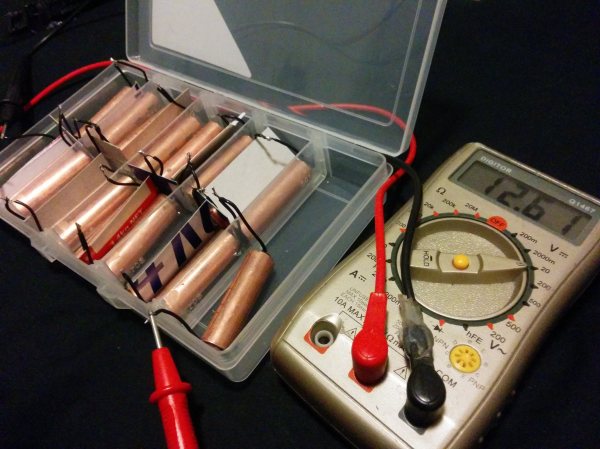Our Hackaday Prize Challenges are evaluated by a panel of judges who examine every entry to see how they fare against judging criteria. With prize money at stake, it makes sense we want to make sure it is done right. But we also have our Hackaday Prize achievements, with less at stake leading to a more free-wheeling way to recognize projects that catch our eye. Most of the achievements center around fun topics that aren’t related to any particular challenge, but it’s a little different for the Infinite Improbability achievement. This achievement was unlocked by any project that impressed with their quest for power, leading to some overlap with the just-concluded Power Harvesting Challenge. In fact, when the twenty Power Harvesting winners were announced, we saw that fourteen of them had already unlocked the achievement.
Each of the Power Harvesting winners will get their own spotlight story. And since many of them have unlocked this achievement, now is the perfect time to take a quick tour through a few of the other entries that have also unlocked the Infinite Improbability achievement.
Continue reading “Big Power, Little Power, Tiny Power, Zap!”












